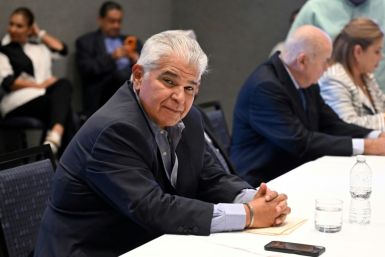Six Seconds of Exercise 'Can Transform Health': Study Reveals

According to a pilot study which involved twelve pensioners showed that going all-out in very short bursts, reduced blood pressure and improved general fitness over time amongst them.
The team of Abertay University, Scotland believes this could help avert the "astronomical" costs of sick health in elderly people.
Experts confirmed that the study emphasised the benefits of exercise at any age.
High Intensity Training (HIT) has achieved huge attention for promising some of the same benefits as conventional exercise but within a much shorter time period.
Instead of a comfortable half-hour walk, HIT demands push yourself to your optimum limit for some time.
The team in Scotland said that they conducted the first trials in older people.
A group of pensioners were taken into the lab twice a week for six weeks and went hell for leather on an exercise bike for six seconds. After that they would allow their heart rate to recover and repeat the whole process once more, eventually building up to one minute of exercise by the end of the trial.
"Science Daily reports they were not exceptionally fast, but for someone of that age they were, researcher Dr John Babraj said. The results, published in the Journal of the American Geriatrics Society, showed participants had reduced their blood pressure by 9%, increased their ability to get oxygen to their muscles and found day-to-day activities like getting out of a chair or walking the dog easier.”
Scientists feel that this will also help elderly people to generate more social interactions. They also believe that cardiovascular disease and diabetes could be controlled by adapting this method in elderly people.
Coming to the safety, there is an argument that short and strenuous exercise may be safer than conventional exercise.
“According to BBC ; Dr Adam Gordon, a consultant and honorary secretary of the British Geriatrics Society, told the BBC: "This is a brilliant, fantastic piece of work challenging assumptions about what the right type of exercise is in old age, but I'd encourage them to investigate the benefits in even older and even more frail people.”
Larger trials are awaited.






